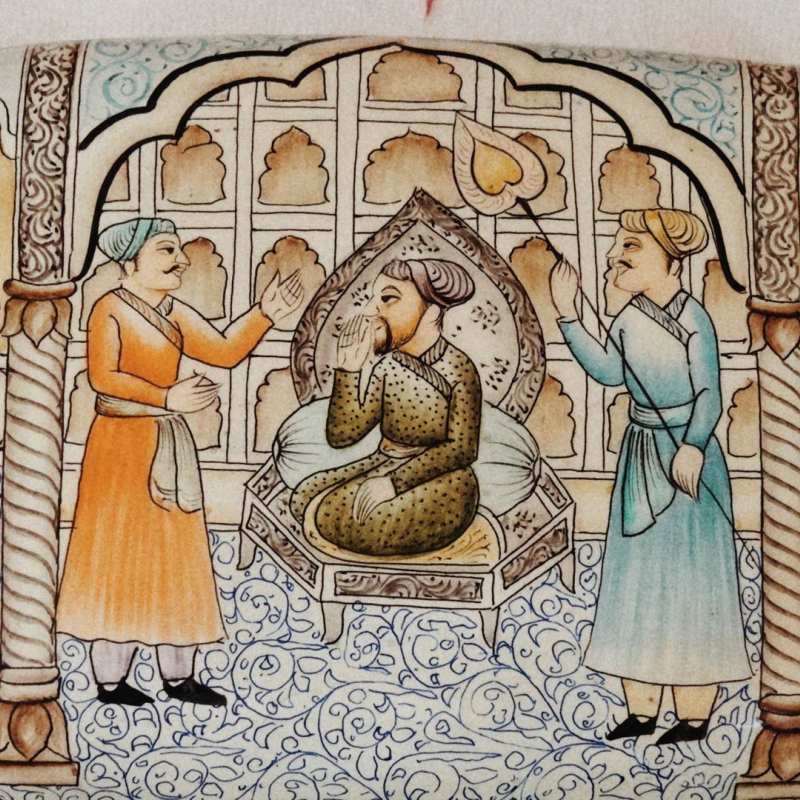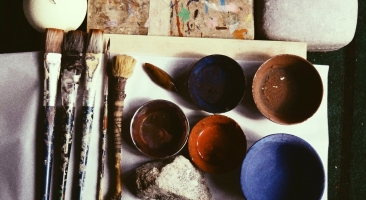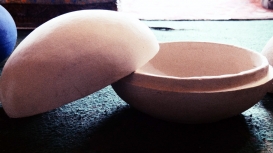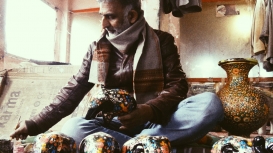The term 'papier mache' derives from the French words papier mâché, which literally translates as ‘chewed or mashed paper’. The term has been used to refer to a variety of craft forms that involve use of processed paper. The term has also come to denote various elaborate art traditions that have developed around the craft, especially across China, Europe, Egypt, Persia, Mexico, Japan, and Kashmir in India. This module is an ethnographic study of the craft of papier mache in Kashmir, and how the practice of this craft tradition in Kashmir was a consequence of its historical location on the silk route, and the assimilation of the influences of Persian culture in Kashmir. This module documents the papier mache craft of Kashmir in its present form, and constructs a social biography by tracing the orbit of activities that revolve around the craft throughout its formation and dissemination. In tracing the said trajectory, it is noteworthy how the changing historicity of its physical context has influenced the ‘social life’ of the craft. By emphasising on its present ‘life form’, the research aims to understand how the craft of papier mache invokes and influences an understanding of certain historical narratives and how those narratives in turn provide a sense of meaning to the craft.

Sadaf Nazir Wani
Sadaf Nazir Wani is a research scholar at the Department of Sociology, Delhi School of Economics. Her research interests revolve around aesthetics of public spaces in cities of prolonged political conflicts.



